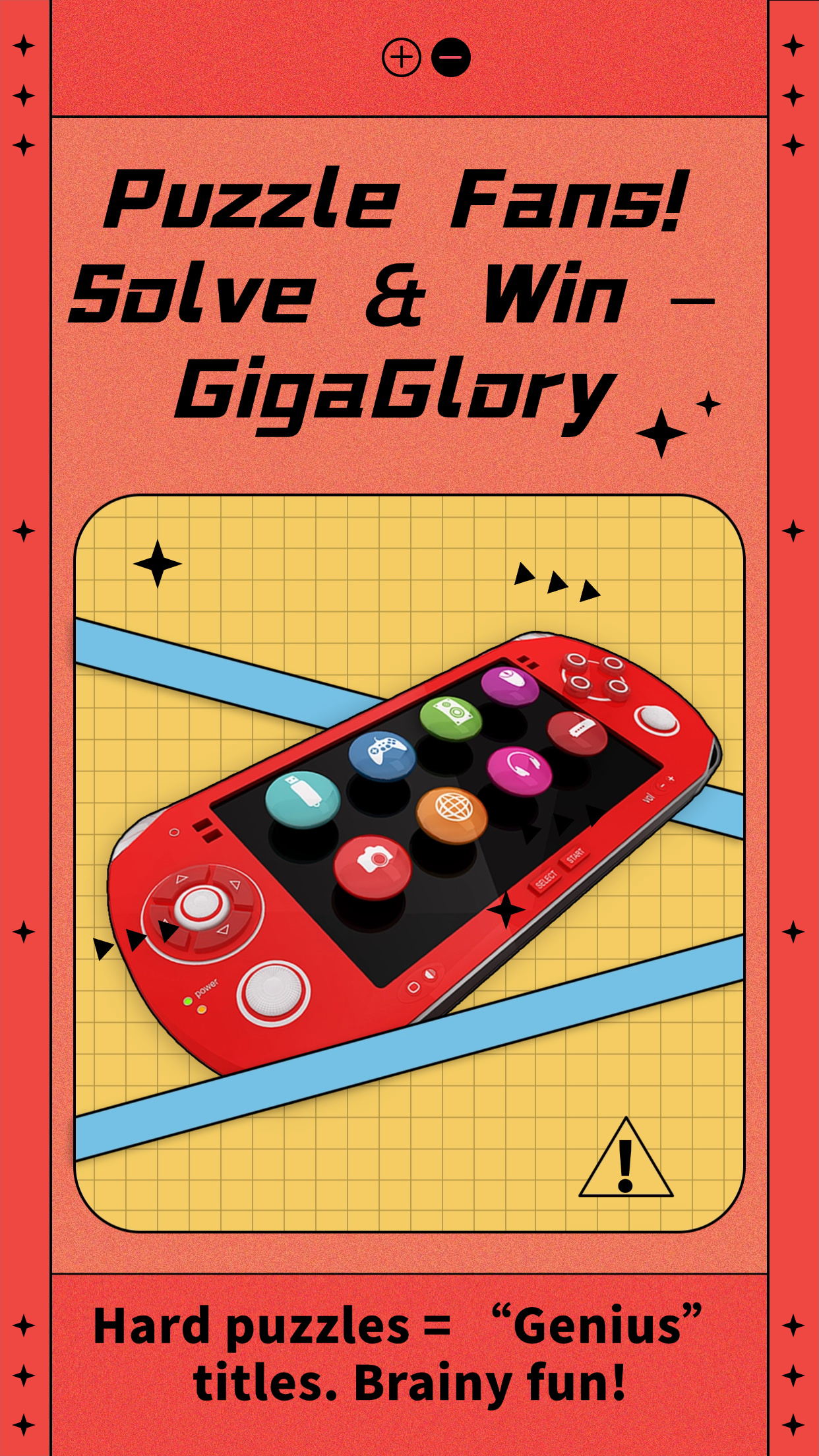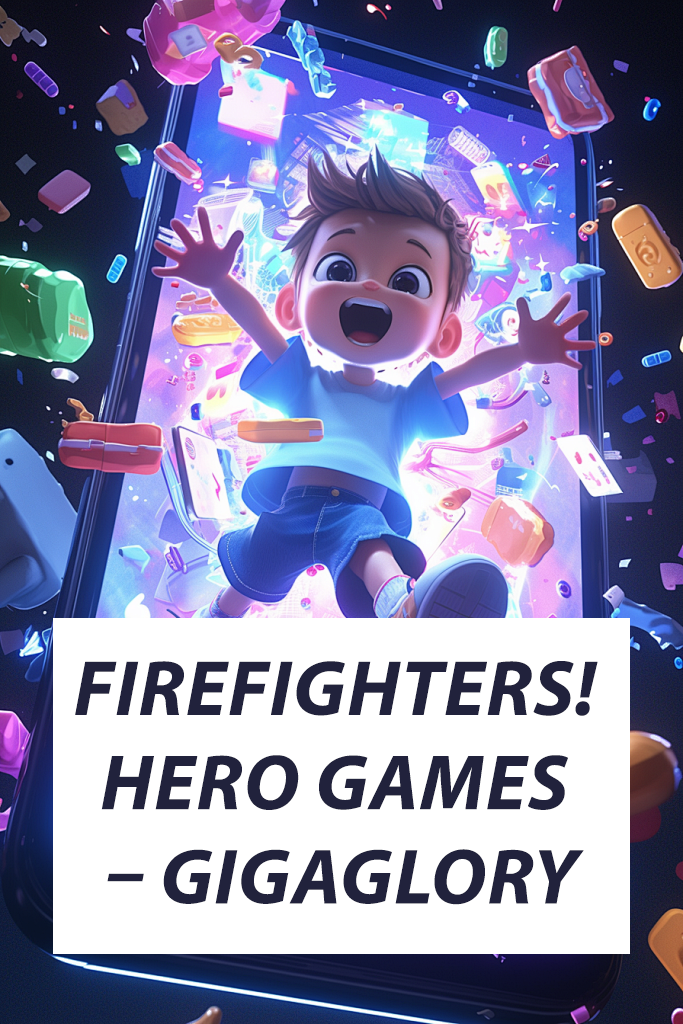Building Mobile Games: The Future of Interactive Entertainment and Creativity
Mobile games have taken the world by storm, transforming the way we think about entertainment and creativity. Not only are they an accessible form of entertainment, but they also represent an incredible opportunity for developers aiming to build engaging interactive experiences. In this article, we’ll explore the ins and outs of building mobile games, identify some of the pivotal narratives like the Jacob and Esau story and its connection to gaming, and highlight why this medium is the future of creativity.
Why Mobile Games Matter
According to Statista, the mobile gaming market is expected to generate over $200 billion by 2023. This staggering number reflects the growing interest in mobile entertainment. More than just a pastime, mobile games serve as platforms for stories, strategic thinking, and social interaction.
- Accessibility: Mobile games can be played anywhere, at any time.
- Engagement: Players often spend more time on mobile apps than any other platform.
- Innovation: New technologies like AR and AI are being integrated to enhance gameplay.
The Storytelling Aspect: Jacob and Esau
Simplifying complex narratives into mobile games can be quite powerful. Take for example the Jacob and Esau story from the Bible. This tale of rivalry and redemption offers rich themes and moral dilemmas that can easily be adapted into interactive experiences.
Below are some ways to incorporate such narratives into your game design:
| Aspect | How to Implement |
|---|---|
| Character Design | Create dynamic characters where decisions impact their growth through the game, mirroring Jacob and Esau's personas. |
| Conflict Resolution | Build levels that require the player to navigate ethical dilemmas based on the story's themes. |
| Player Choices | Utilize a branching storyline that reflects different outcomes based on player decisions. |
Best Practices for Building Mobile Games
Building successful mobile games takes much more than just coding; it requires an understanding of player psychology, market trends, and a dash of creativity. Here are some best practices:
- Know Your Audience: Tailor your game mechanics and storylines to fit your target demographic.
- Optimize User Experience: Ensure that your game runs smoothly on various devices.
- Integrate Social Sharing: Enable players to share achievements, enhancing your game's visibility.
- Stay Updated: Follow industry trends to incorporate popular features.
- Test Rigorously: Run several tests to identify bugs and gather user feedback.
Frequently Asked Questions
Q1: What are some of the best PS2 games RPG?
Some of the most acclaimed PS2 RPGs include Final Fantasy X, Kingdom Hearts, and Dragon Quest VIII. These games set high benchmarks for storytelling and engagement.
Q2: How can I monetize my mobile game?
Monetizing mobile games can be achieved through in-app purchases, advertising, and premium versions. Balance is key; avoid aggressive monetization that might harm user experience.
Q3: What tools should I use for game development?
Some popular tools include Unity, Unreal Engine, and Cocos2d. Each offers unique features, allowing developers to create diverse gaming experiences.
Conclusion
Building mobile games is an exciting frontier filled with possibilities for creativity and innovation. With rich narratives like the Jacob and Esau story, developers can explore deeper storytelling techniques within the mobile gaming space. By following best practices and understanding what makes games resonate with players, you're not just creating a game — you're building a bridge that connects people through interactive entertainment.



